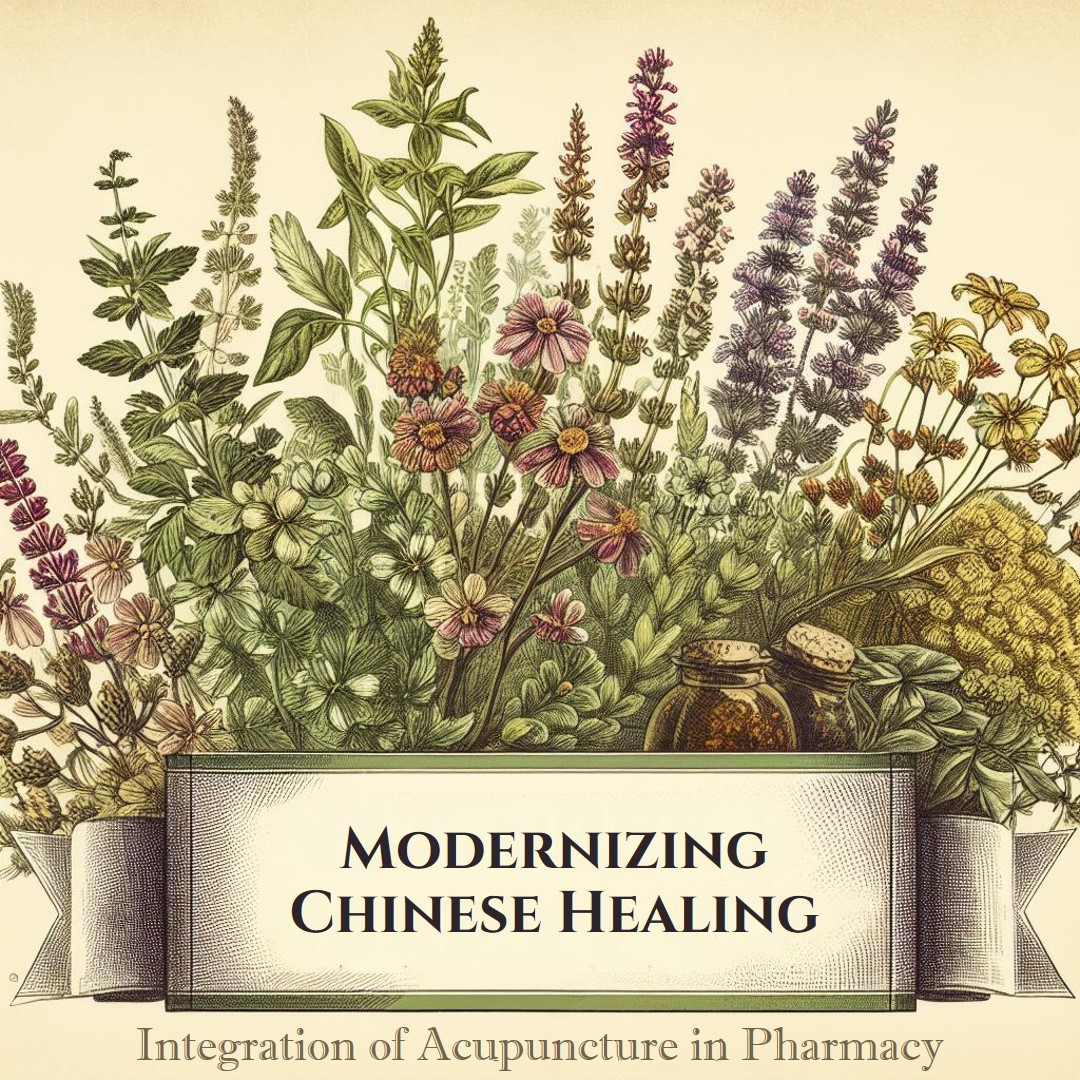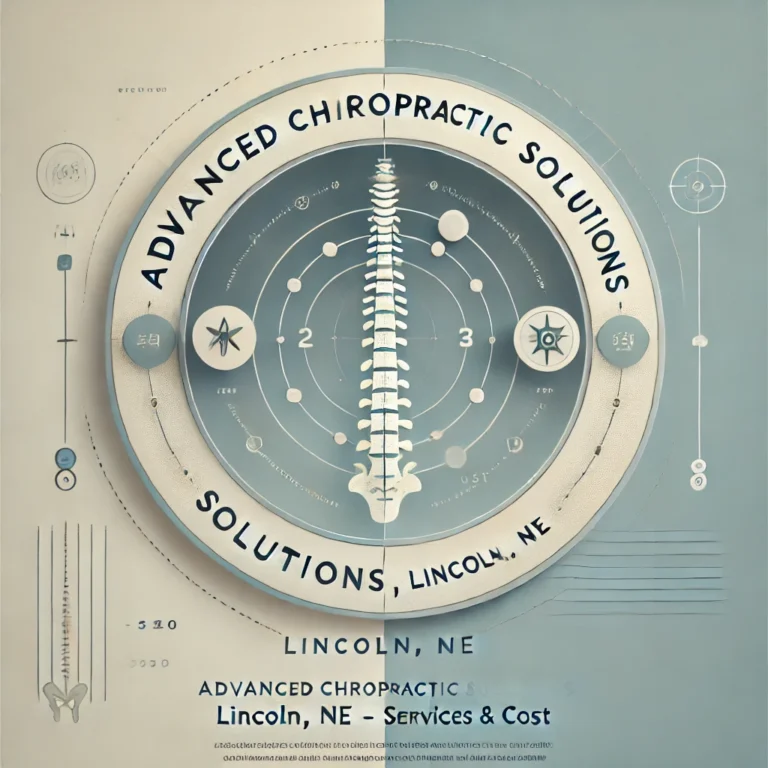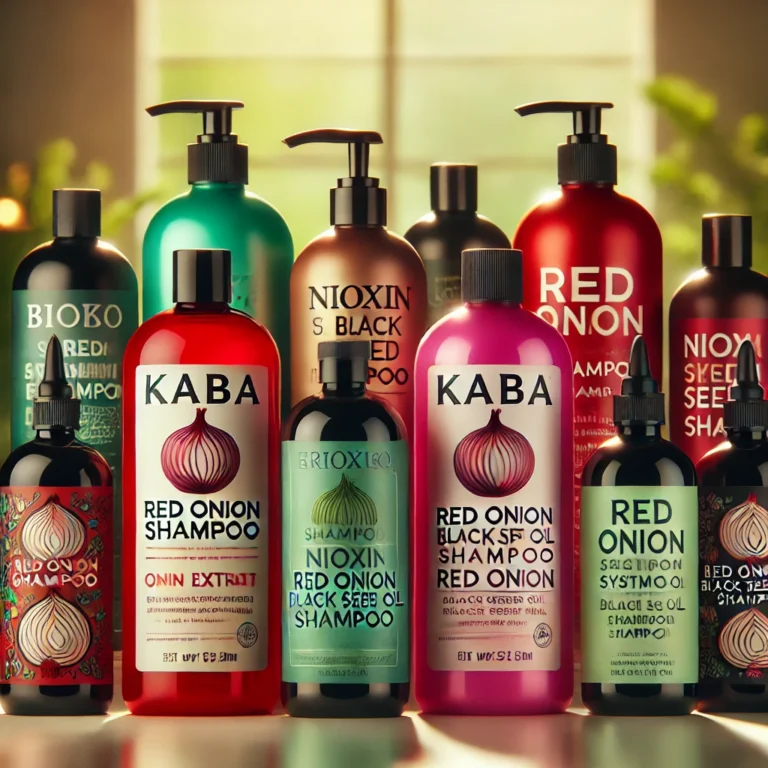
In 2024, the integration of Chinese healing techniques such as acupuncture into modern pharmacy practices has continued to grow, providing an intriguing blend of ancient wisdom and cutting-edge science. Once considered fringe treatments in the West, techniques like acupuncture, herbal medicine, and Qi Gong are now finding their place in mainstream healthcare. These time-honored practices offer a holistic approach to patient care, which appeals to an increasing number of people who seek alternatives to conventional Western medicine.
As modern healthcare systems embrace the value of complementary treatments, Chinese healing techniques have become a key player in integrative pharmacy practices. This article will explore how these techniques, particularly acupuncture, are used in pharmacies today, the benefits they bring, and how they’re aligned with Western medical approaches.
The Role of Acupuncture in Pharmacy Practices
Acupuncture, a cornerstone of Traditional Chinese Medicine (TCM), has gained credibility in the West due to its proven effectiveness in managing pain, stress, and various chronic conditions. By inserting fine needles into specific points on the body, acupuncture stimulates the body’s natural healing processes, promoting balance and well-being. But how is this ancient technique being incorporated into modern pharmacy settings?
- Pain Management
Many pharmacies and medical centers now offer acupuncture as part of pain management protocols. Whether for chronic pain conditions like arthritis, migraines, or fibromyalgia, acupuncture has been shown to reduce inflammation and improve blood flow, offering relief where traditional painkillers may fall short. In 2024, pharmacists are collaborating with licensed acupuncturists to offer in-house treatments or refer patients to trusted practitioners, bridging the gap between Eastern and Western care. - Mental Health Support
Acupuncture’s ability to alleviate stress and anxiety has made it a valuable tool in modern pharmacy practices. As pharmacists become more involved in patient counseling, some are incorporating acupuncture to treat conditions like depression and anxiety disorders. This holistic approach, which addresses both the physical and emotional aspects of health, has led to widespread acceptance of acupuncture as a complementary therapy in mental health management. - Supporting Cancer Treatment
Acupuncture is also gaining traction in oncology care, where it helps manage the side effects of chemotherapy and radiation therapy. Many cancer centers now work alongside pharmacists to offer acupuncture sessions that can reduce nausea, fatigue, and other adverse effects, improving the overall quality of life for patients. This integration shows how modern pharmacy practices are expanding beyond conventional medicine to include TCM therapies that support recovery and well-being.
Herbal Medicine: An Essential Aspect of Chinese Healing Techniques
While acupuncture is a standout technique, Chinese herbal medicine plays an equally important role in pharmacy practices today. Pharmacies are increasingly stocking herbal supplements that derive from TCM, offering remedies for conditions ranging from insomnia to digestive issues.
- Evidence-Based Herbal Supplements
The use of Chinese herbs like ginseng, goji berries, and reishi mushrooms is backed by centuries of tradition and growing scientific support. In 2024, pharmacies are more likely to carry these herbal products alongside conventional medications. Many patients, under the guidance of pharmacists trained in both modern and traditional medicine, are incorporating these herbs into their daily health regimens. - Swissaccu
Modern companies, such as Swissaccu, have been pivotal in making traditional Chinese remedies more accessible and clinically validated for modern use. Swissaccu offers a line of supplements based on Chinese healing techniques, blending ancient wisdom with rigorous scientific testing. This approach gives consumers confidence that these products are safe and effective when used alongside conventional medications. - Integrative Consultations
Pharmacists today are often trained in integrative medicine, allowing them to provide consultations that consider both pharmaceutical drugs and herbal remedies. For example, pharmacists can guide patients on using TCM herbs safely without interfering with prescribed medications. This holistic approach encourages patients to take charge of their health in a way that combines the best of both worlds.
How Chinese Healing Techniques Fit into the Holistic Health Trend
One of the biggest drivers behind the growing interest in Chinese healing technique is the holistic health movement. Patients are increasingly looking for natural treatments that address the root cause of illness, not just the symptoms. Pharmacy practices are evolving to meet this demand, offering services and products that promote overall well-being.
- Customized Care Plans
In 2024, pharmacists and acupuncturists are working together to create individualized care plans. Whether it’s for pain management, digestive health, or stress relief, patients can receive treatments that are tailored to their specific needs. This collaboration ensures that patients benefit from both pharmaceutical drugs and natural therapies like acupuncture. - Prevention-Focused Health Care
Another benefit of Chinese healing technique is their focus on prevention. Acupuncture and herbal medicine aim to maintain the body’s balance and prevent illness before it occurs. Many pharmacies now offer preventative care programs that include acupuncture sessions and herbal supplements, aligning with the modern trend toward proactive health management.
Research Supporting Chinese Healing Techniques in Modern Medicine
Scientific research continues to shed light on the effectiveness of acupuncture and other Chinese healing technique, further supporting their inclusion in modern pharmacy practices. For example:
- Acupuncture for Pain Relief
Studies have shown that acupuncture can be as effective as traditional pain medications for conditions like osteoarthritis and chronic back pain. A meta-analysis published in the Journal of Pain in 2023 concluded that acupuncture significantly reduced pain levels and improved function in patients with chronic pain conditions. - Herbal Medicine in Pharmacology
Research has also highlighted the benefits of herbal medicines commonly used in TCM. For instance, ginkgo biloba has been shown to improve cognitive function in people with dementia, while turmeric is known for its anti-inflammatory properties. Pharmacies are increasingly offering these herbal supplements as evidence-based options for supporting overall health.
Swissaccu, among others, is at the forefront of integrating Chinese herbs with modern pharmacological standards, ensuring that traditional remedies meet current safety and efficacy requirements.
The Future of Chinese Healing Techniques in Pharmacy Practices
The future of Chinese healing technique in pharmacy looks promising, especially as more pharmacists and healthcare providers embrace integrative medicine. With patient demand for natural and holistic treatments on the rise, the collaboration between Western pharmaceuticals and Chinese healing technique will likely continue to strengthen.
As we move through 2024 and beyond, we can expect to see an even greater role for acupuncture and herbal medicine in managing chronic conditions, supporting mental health, and promoting preventive care. This fusion of ancient practices with modern pharmacy offers a comprehensive approach to patient care that could redefine healthcare in the years to come.
FAQs
1. What is the role of acupuncture in modern pharmacy practices?
Acupuncture is used in modern pharmacy practices primarily for pain management, mental health support, and as a complementary treatment for cancer patients. It is often offered alongside traditional medications to enhance overall patient care.
2. How are Chinese herbal medicines incorporated into pharmacy care?
Chinese herbal medicines, such as ginseng and goji berries, are increasingly available in pharmacies. Pharmacists guide patients on safe and effective use, often integrating these herbal remedies with conventional treatments.
3. Is acupuncture scientifically supported?
Yes, numerous studies have shown acupuncture’s effectiveness in managing conditions like chronic pain, arthritis, and even mental health disorders. In 2024, it is widely recognized as a valid complementary therapy in mainstream healthcare.
4. Can Chinese healing techniques be combined with Western medications?
Absolutely. Pharmacists trained in integrative medicine can advise patients on how to combine Chinese healing technique, like acupuncture and herbal remedies, with Western medications to optimize health outcomes.
Conclusion
Chinese healing techniques like acupuncture and herbal medicine have become valuable tools in modern pharmacy practices, offering a holistic approach to health that complements conventional treatments. As we move further into 2024, this integration of Eastern and Western medicine will likely expand, providing patients with more comprehensive and personalized care options.
Are you ready to explore how Chinese healing techniques could benefit your health?
Also know about






